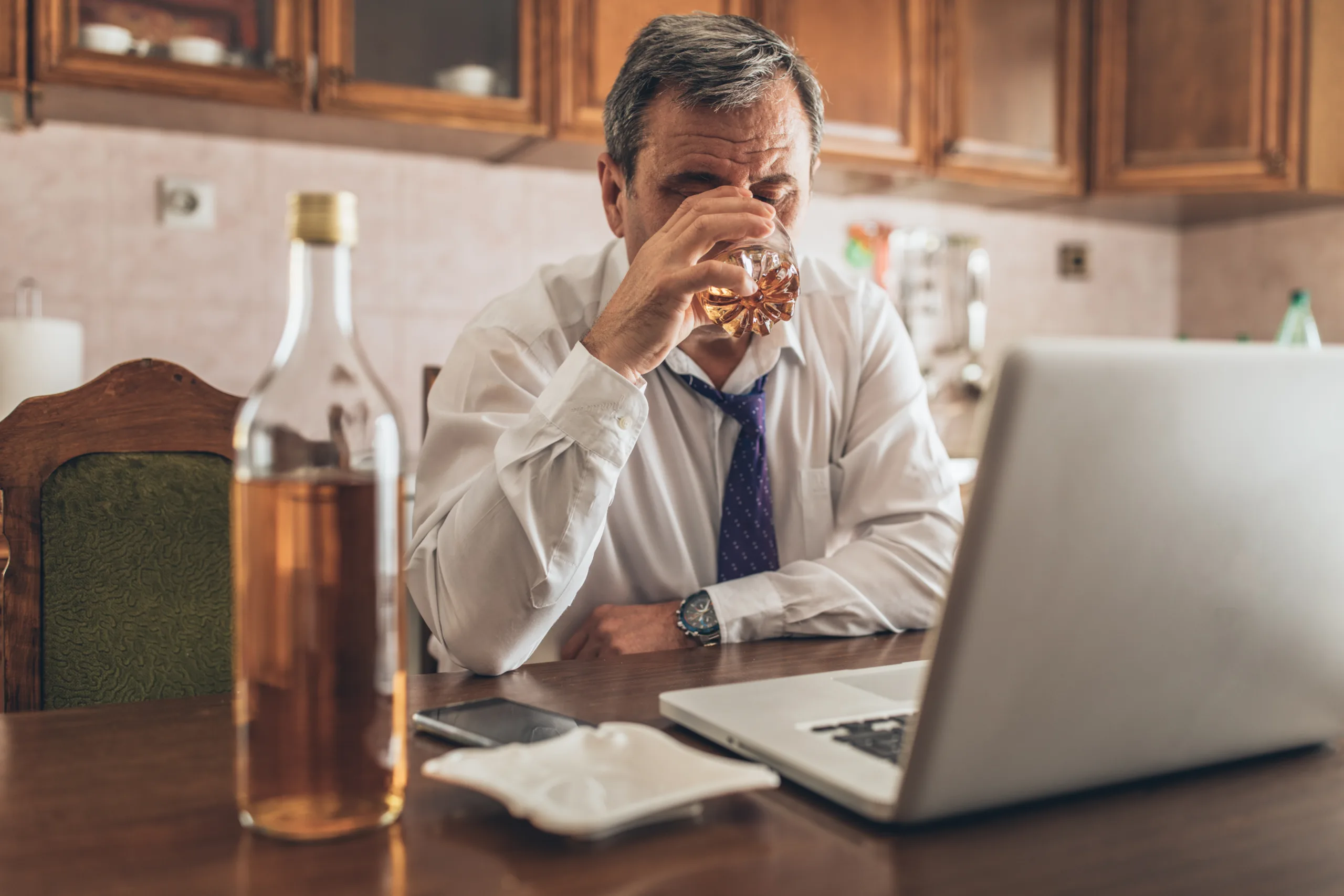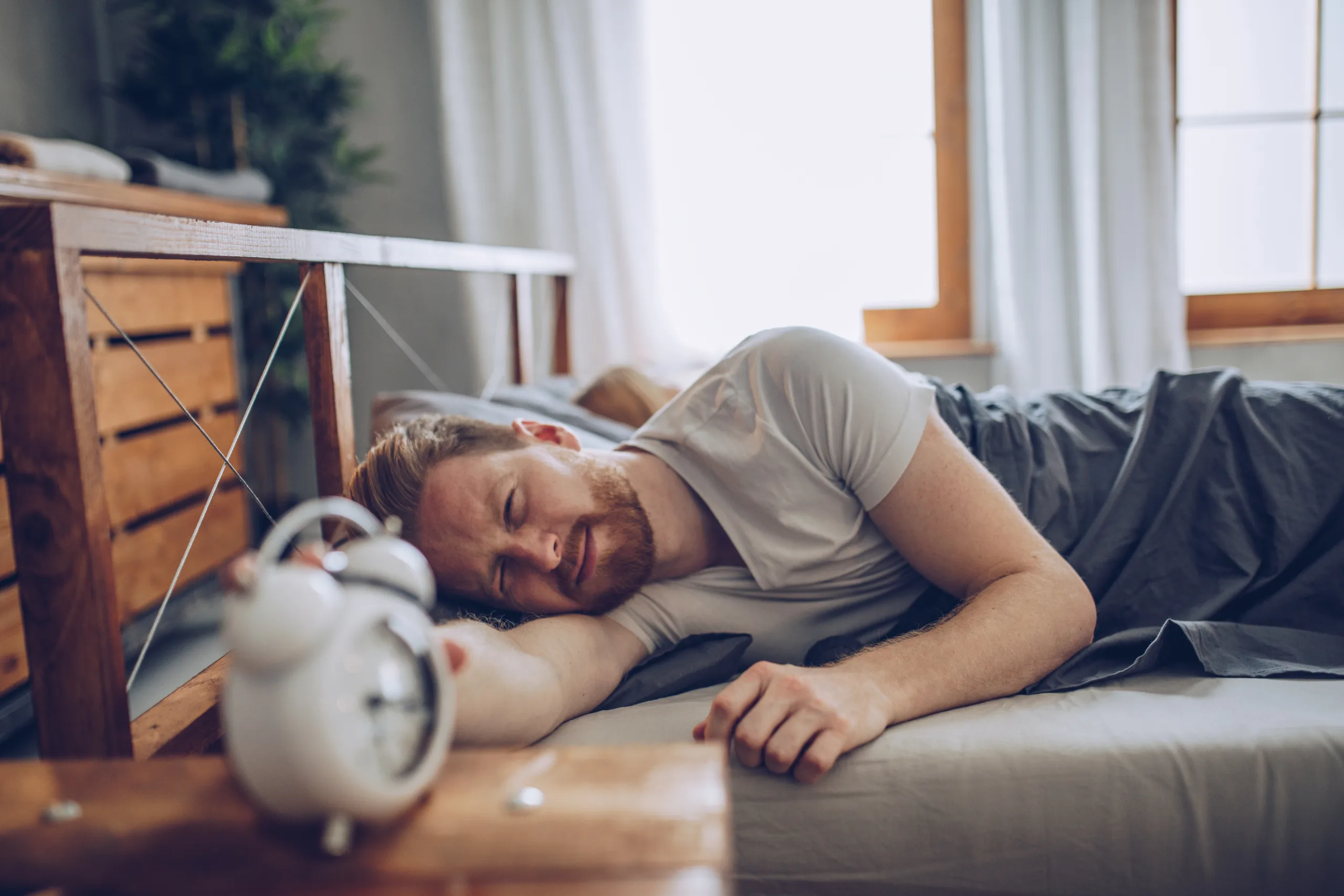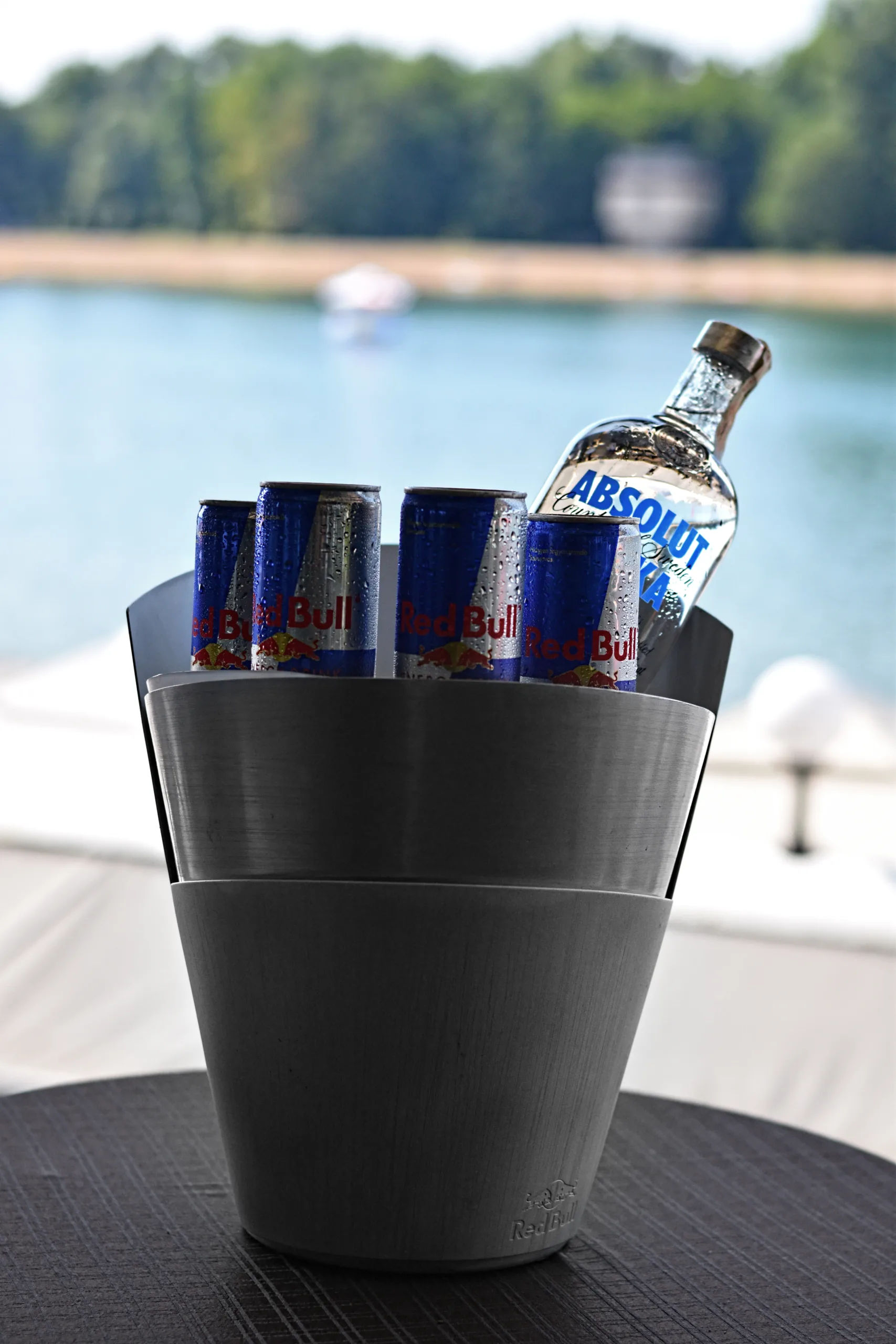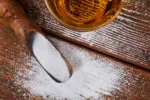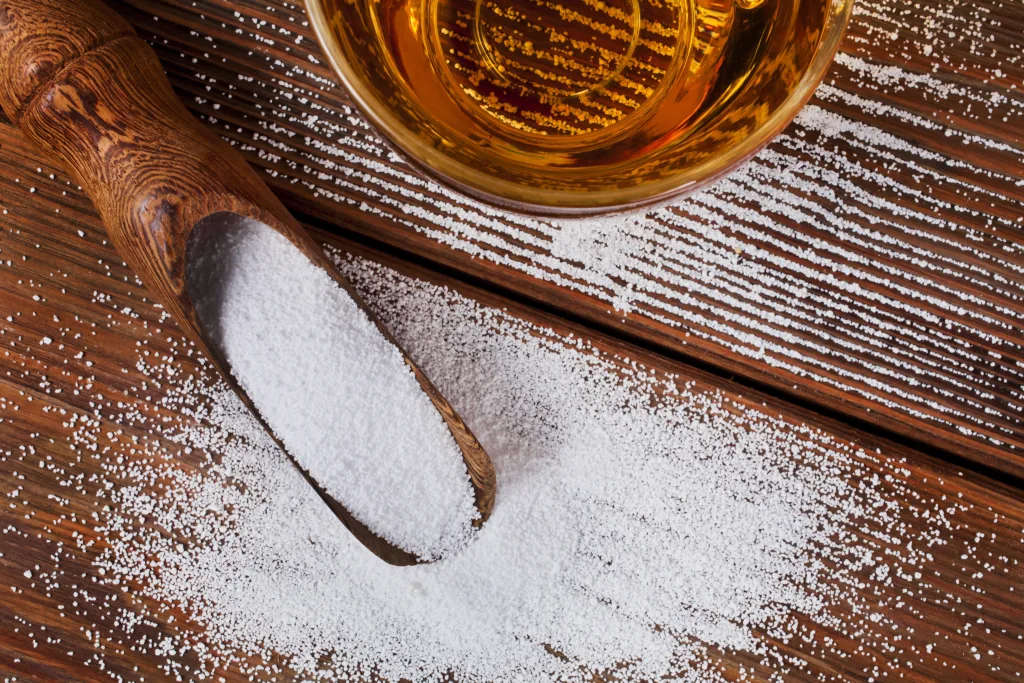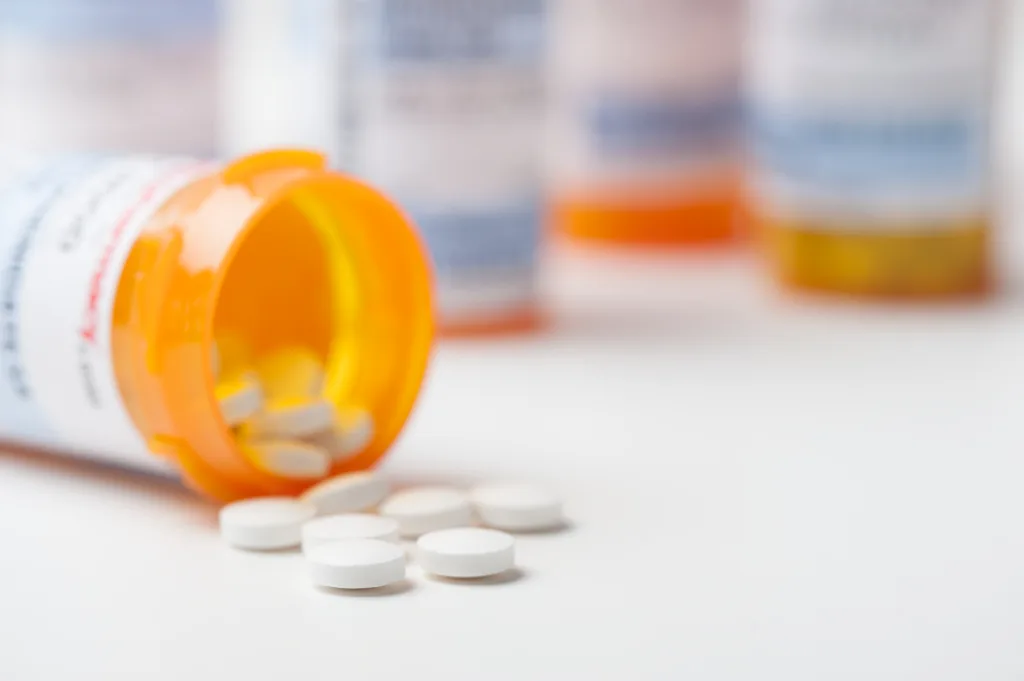Why Recovering Alcoholics Use Alcohol-Free Mouthwash and Medications

Recovery from alcohol addiction involves more than just quitting drinking. It requires a complete lifestyle shift—one that includes being mindful of everything that enters the body. That’s why many recovering alcoholics choose to avoid not only alcoholic beverages but also products that contain alcohol, such as mouthwash, cough syrup and certain over-the-counter medications.
At Silvermist, we understand that true healing means protecting sobriety from every angle. For many people in recovery, using alcohol-free products isn’t about overreacting—it’s about safeguarding their progress. Here’s why it matters.
Hidden Alcohol in Everyday Products
Many people are surprised to learn that non-beverage products can contain alcohol—and, in some cases, in significant amounts. Common culprits include:
- Mouthwash
- Cough syrups
- Cold and flu medications
- Sleep aids
- Hand sanitizers and topical treatments
These products often contain ethyl alcohol (ethanol), the same type of alcohol found in beer, wine and liquor.
Why Alcohol-Free Matters in Recovery
For someone recovering from alcohol use disorder, even small amounts of alcohol can trigger cravings, weaken resolve and potentially lead to relapse. Here’s why avoiding alcohol-containing products is so important:
1. Risk of Relapse
Ingesting alcohol—even unintentionally—can awaken old patterns in the brain and body. Even if it starts with mouthwash or cough syrup, it can set off a domino effect of cravings and loss of control.
2. Psychological Triggers
The taste or sensation of alcohol—even in non-beverage form—can be emotionally triggering for someone who has associated those experiences with past drinking behaviors.
3. Physical Sensitivity
After detox, the body becomes more sensitive to alcohol. Products that seem harmless can have a stronger-than-expected effect on a person in recovery, especially if combined with medications or on an empty stomach.
4. Maintaining Integrity and Intentionality
Choosing alcohol-free products reinforces a mindset of total sobriety—demonstrating a commitment to full recovery, down to the details. It’s a daily reminder to protect your body and mind.
Common Alternatives for Those in Recovery
Thankfully, many alcohol-free alternatives are available that offer the same effectiveness without the risk. These include:
- Alcohol-free mouthwash (e.g., natural or antiseptic formulas)
- Non-alcoholic cold and cough medications
- Homeopathic or herbal sleep aids
- Prescriptions labeled as alcohol-free (ask your doctor or pharmacist)
It’s important for individuals in recovery to read ingredient labels carefully and consult with healthcare providers about all medications—prescription and over-the-counter.
Educating Loved Ones and Healthcare Providers
People in recovery may need to advocate for themselves when others don’t fully understand the risks. This includes:
- Explaining your recovery status to doctors and pharmacists
- Requesting alcohol-free prescriptions when possible
- Declining well-meaning offers of certain medications or remedies
It can feel uncomfortable at first, but setting boundaries is a form of self-care—and it helps others better support your journey.
How Silvermist Supports Long-Term Sobriety
At Silvermist, we believe recovery is about empowerment and education. That’s why our programs go beyond detox and therapy—we teach clients how to navigate the real-world challenges of sobriety, including:
- How to identify hidden sources of alcohol
- How to read labels and ask the right questions
- How to build routines that promote physical and emotional wellness
We help each individual develop a personalized relapse prevention plan that includes strategies like choosing alcohol-free products, setting boundaries and maintaining accountability.
Sobriety Is in the Details
Choosing alcohol-free mouthwash or cold medicine might seem small—but in recovery, small decisions can have big consequences. Every choice that supports sobriety builds confidence, self-respect, and resilience.
If you or someone you love is navigating early recovery, Silvermist is here to provide the tools, education and support needed to thrive—one intentional decision at a time.
Reach out to us today to learn how we can help you build a healthier, alcohol-free future.

